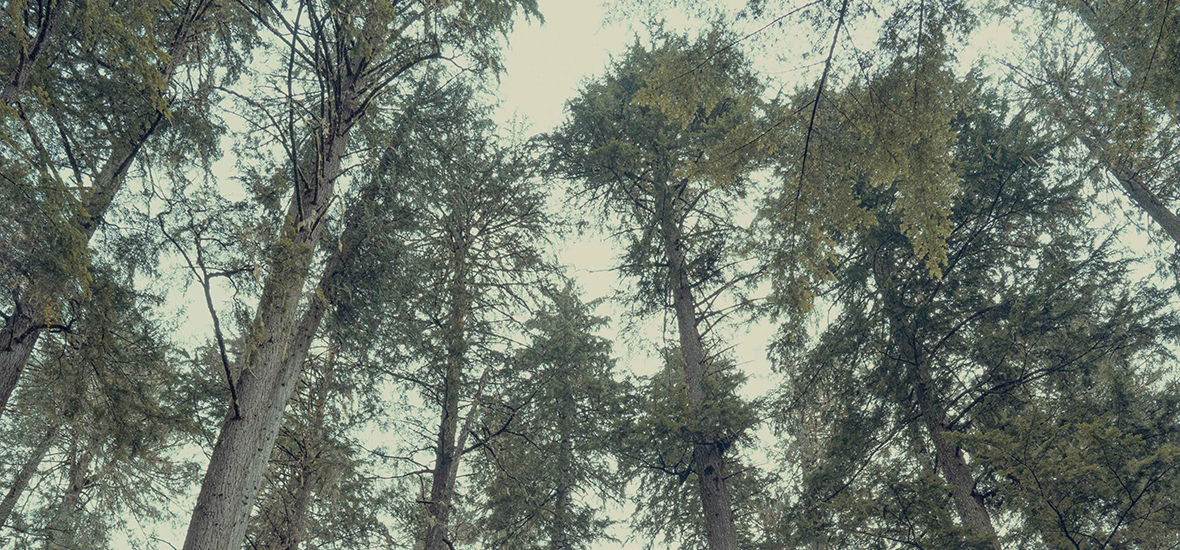The Social Life of Forests December 26, 2020
Appearing in the New York Times Magazine, this article follows a day in the life of Suzanne Simard, professor of forest ecology at the University of British Columbia. Simard’s research reveals that the webs of tree roots and fungi that make up a mycorrhizal network in a forest that connects nearly every tree in a communicative and codependent relationship.
“By analyzing the DNA in root tips and tracing the movement of molecules through underground conduits, Simard has discovered that fungal threads link nearly every tree in a forest — even trees of different species. Carbon, water, nutrients, alarm signals and hormones can pass from tree to tree through these subterranean circuits.”
Link: https://www.nytimes.com/interactive/2020/12/02/magazine/tree-communication-mycorrhiza.html
Listen: https://www.nytimes.com/2020/12/06/podcasts/the-daily/tree-communication-suzanne-simard.html
Some scientists have described the forest as a superorganism with resources tending to flow from the oldest and biggest trees to the youngest and smallest. Seedlings connected to the underground lifelines are more likely to survive adverse conditions than their unconnected counterparts. This research demonstrates that a forest is a living system and that the cooperation of its constituent parts is the key to its resiliency.


